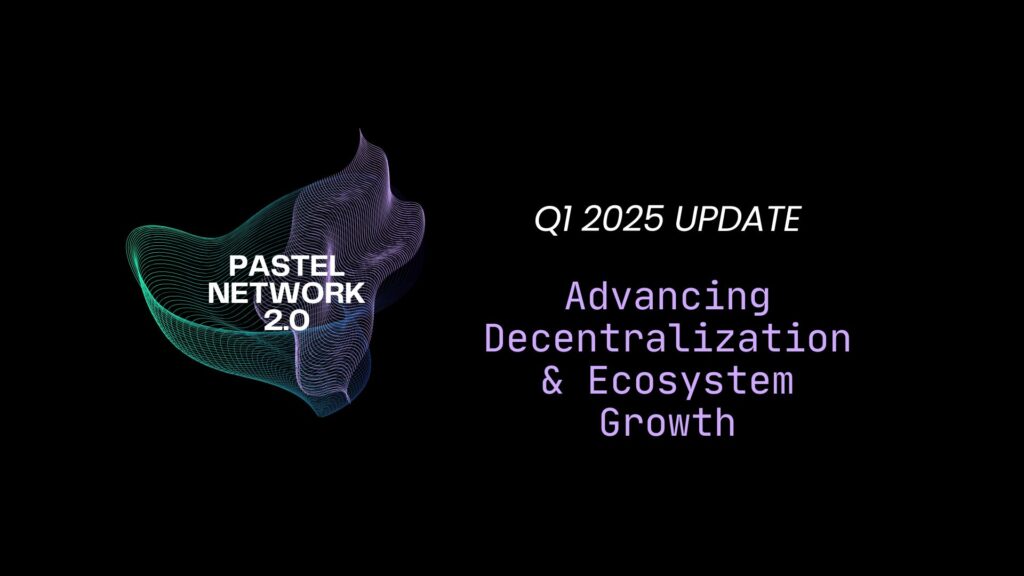Supply chain management (SCM) is a vital aspect of businesses, encompassing the control and coordination of various activities involved in the production flow, from sourcing raw materials to delivering the final product or service. It involves the seamless movement of materials, information, and finances across the supply chain network. While logistics is a part of supply chain management, SCM focuses on optimizing operations and enhancing customer satisfaction.
Traditional supply chain management systems follow a centralized approach, involving steps such as planning, sourcing, manufacturing, delivery, and after-sales service. These systems ensure effective control over the entire supply chain. The process begins with identifying customer needs and selecting suppliers for raw materials. Manufacturers then decide whether to outsource delivery or handle it themselves. Finally, a network is established to provide after-sales services, ensuring customer satisfaction through activities like product returns and repairs.
In contrast, modern supply chain management leverages software solutions to streamline operations from the creation of goods and services to after-sales services. Companies like Amazon employ advanced technologies such as robotics and artificial intelligence (AI) to automate tasks like warehousing, inventory management, and order fulfillment. For instance, Amazon uses robots to stack and store goods, improving inventory management and ensuring timely delivery.
The evolution of the supply chain is driven by contemporary technologies like AI, robotics, and blockchain. These technologies are integrated into digital supply networks that consolidate data and information from various sources to optimize the distribution of goods and services throughout the value chain.
AI algorithms enable businesses to extract valuable insights from vast data sets, facilitating proactive inventory management, warehouse automation, optimized sourcing connections, improved delivery times, and enhanced customer experiences. Robotics and automation play a crucial role in automating manual tasks, such as order picking and packing, product transportation, and scanning. Amazon’s use of robots has significantly increased inventory capacity and enabled them to fulfill Prime shipping commitments promptly.
Blockchain technology, known for its immutability, plays a pivotal role in enhancing supply chain management. By utilizing blockchain, supply chain participants can track and trace the origin of products, identify counterfeit items, and mitigate fraud within the value chain. For example, when transporting perishable goods like cheese that require specific temperature conditions, blockchain enables real-time monitoring. If the temperature exceeds the permissible threshold, appropriate actions can be taken to preserve food quality.
Blockchain-based supply chain networks offer improved traceability and transparency. Unlike traditional supply chains, blockchain-based systems automatically update transaction records, enhancing traceability across the entire supply chain network. By enforcing smart contracts and recording transaction information on the blockchain ledger, overall transparency is improved. Blockchain specifies essential product dimensions like nature, quantity, quality, location, and ownership, enabling customers to access the continuous chain of custody and transactions from raw materials to the final sale. This eliminates the need for a centralized organization to administer and maintain digital supply chains.
To enhance traceability, blockchain provides access to crucial information such as price, date, origin, quality, certification, and destination. It allows concerned parties to track products effectively as they move through complex processes, ensuring visibility and accountability across different geographic zones. The decentralized nature of blockchain facilitates a robust audit trail, ensuring concurrent visibility and secure tracking of products.
Blockchain’s consensus mechanism ensures transaction agreement within the chain, making it a reliable system for tracking ownership records of physical and digital assets. Asset tokenization and peer-to-peer payments expedite fund transfers and prevent fraudulent activities like chargebacks.
The future of blockchain-based supply chains is driven by the increasing demand for transparency and ethical standards in supply chains. Customers want to know the specific source of their items and whether they were produced in an ethical manner. Blockchain technology holds great potential in addressing these concerns and revolutionizing traditional supply chains.
Blockchain-based solutions offer several advantages, including the elimination of burdensome paperwork and the creation of a decentralized, immutable record of all transactions. This enables businesses to track products from the manufacturing unit to the delivery destination, ensuring a transparent and visible supply chain.
However, despite the promising benefits, widespread adoption of blockchain in supply chain management is still in its early stages. Implementation requires high-level expertise, and the technology is subject to various legal and regulatory frameworks in different countries, which can impact supply networks. Therefore, the transition to blockchain-based supply chains will happen gradually rather than all at once.
As companies and industries recognize the potential of blockchain technology, efforts are underway to develop standards, frameworks, and best practices for its application in supply chain management. Collaborative initiatives are being launched to ensure interoperability and facilitate the integration of blockchain across multiple stakeholders.
The future of blockchain in supply chain management holds immense promise. It has the potential to enhance traceability, improve transparency, optimize operations, and build trust among consumers. With the continuous advancements in blockchain technology and its increasing acceptance, we can expect to see more widespread adoption and innovation in the years to come.
The potential of blockchain technology to revolutionize supply chain management is undeniable. By enhancing traceability, transparency, and tradability, it has the power to drive efficiency and build trust in global supply chains. Although challenges and complexities exist, the compelling benefits make blockchain a promising solution for businesses aiming to optimize their supply chain operations. As more companies embrace blockchain and industry standards continue to evolve, a future where blockchain-based supply chains become the standard is within reach. This shift will usher in enhanced efficiency, sustainability, and trust, transforming the global marketplace.







